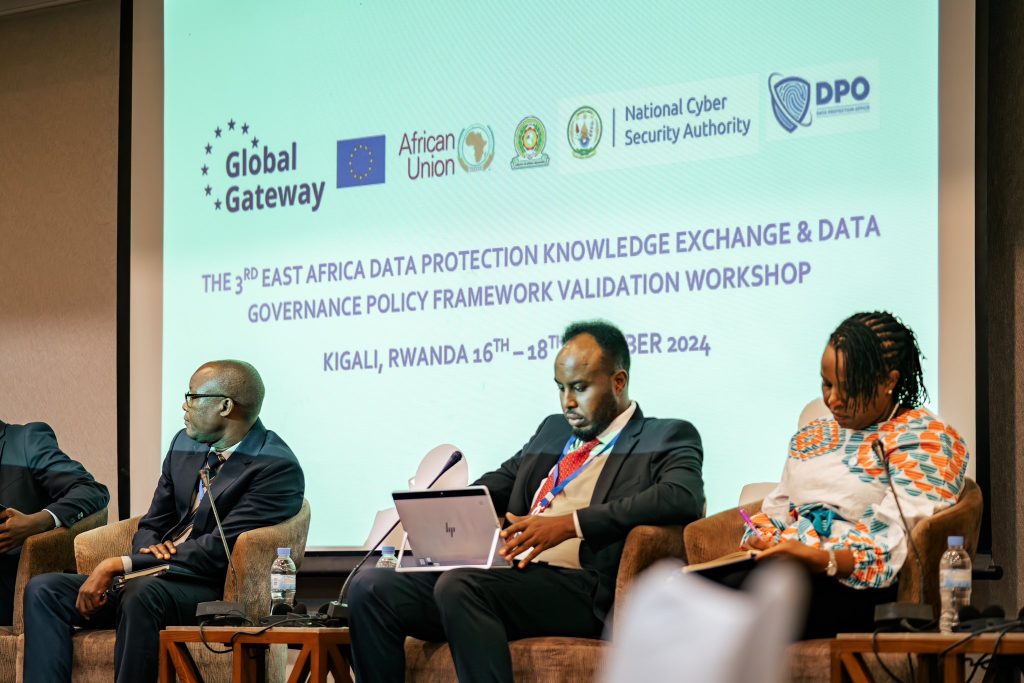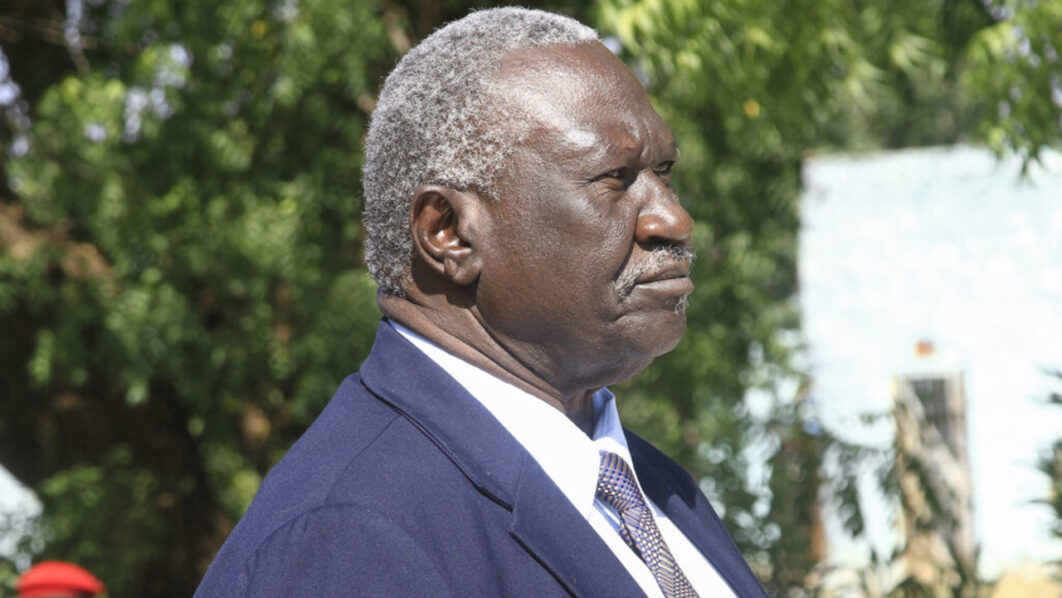The East African Community (EAC) has made a pivotal advancement in digital integration and data privacy by establishing a comprehensive Data Governance Policy Framework. This initiative is designed to harmonize data governance across Partner States, fostering secure, efficient, and inclusive digital systems that drive sustainable economic growth and regional integration. The framework was validated during a collaborative workshop held in Kigali, Rwanda, attended by various stakeholders.
Eng. Daniel Murenzi, representing the EAC Deputy Secretary General for Customs, Trade, and Monetary Affairs, underscored the critical role of data governance in facilitating economic development and public trust in digital platforms. “Data is central to our economic future. Effective governance will enable us to leverage the benefits of digitalization while ensuring that citizens’ data is safeguarded and utilized responsibly,” Murenzi asserted.

This workshop is particularly timely as the EAC aligns its data governance frameworks with the African Union Data Policy Framework (AUDPF), which was adopted in 2022. Murenzi emphasized creating a unified regional approach: “We are at a crucial juncture. By developing the EAC Data Governance Policy Framework, we align with continental priorities, ensuring the safety and efficiency of our digital services.”
Prof. Venansius Baryamureeba, the lead consultant for the framework’s development, reinforced the necessity of a cohesive approach to data governance. “Data protection is no longer optional; it is essential for building trust in the digital economy,” he stated.
The EAC Data Governance Policy Framework seeks to standardize data management practices across the region, ensuring that Partner States adopt consistent standards for data protection, privacy, and security. The validation process builds upon previous initiatives, such as Data Protection Knowledge Exchanges in Nairobi and Kampala, and a consultative workshop in Dar es Salaam, all aimed at fostering a unified vision for regional data governance cooperation.
A primary objective of the meeting was to finalize actionable recommendations to harmonize the data governance frameworks of each EAC Partner State, ensuring both consistency and interoperability. This initiative aims to enhance data protection and digital security, thereby bolstering public trust in digital systems and laying a secure foundation for economic growth throughout the region.
Additionally, the workshop sought to reinforce political commitment and collaboration among Partner States regarding data protection. The validation of the EAC Data Governance Policy Framework marks a crucial transition from discussion to implementation, paving the way for a robust governance structure.
The meeting also established a comprehensive roadmap for future activities, delineating the roles of various stakeholders, including government entities, private sector participants, and development partners. This collaborative framework ensures the region is adequately prepared to engage in ongoing digitalization efforts with a clear strategic direction.
Eng. Murenzi emphasized that trust is fundamental to a thriving digital economy. “As we embrace digitalization, it is imperative that our citizens and businesses are confident their data is secure. The EAC Data Governance Policy Framework will provide essential safeguards for personal data while promoting innovation and economic growth,” he stated.
With the validation of this framework, the EAC is well-positioned to implement a harmonized data governance system that will enhance the digital economy, stimulate intra-regional trade, and protect the privacy and security of its citizens.
The workshop convened key stakeholders from the EAC Partner States, including representatives from Data Protection Authorities, Ministries of Information, Communication Technology (ICT), and Postal Services, as well as Ministries of East African Community Affairs. Delegates from the European Union, the African Union Commission, and the German Agency for International Cooperation (GIZ) also participated. The event was hosted by Rwanda’s National Cyber Security Authority (NCSA) in partnership with the EAC Secretariat and supported by GIZ, demonstrating a strong collaborative spirit in advancing the region’s digital agenda.





